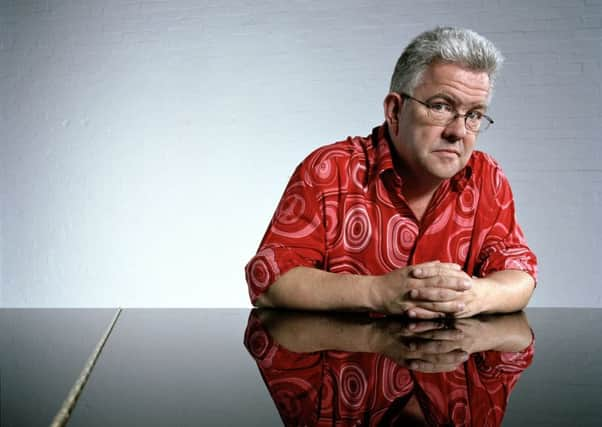Ian McMillan: Common groobly


I confess it’s not a word I made up: I once saw it written in a child’s poem about winter. “The air was frezzing like a fridge,” the first line went and, although, of course, it’s the wrong spelling, perhaps it was something else; maybe it was a case of creative spelling, of a happy accident that linguistically led you somewhere you never expected to go.
I think the double z in frezzing somehow makes the word more shivery, almost makes you shudder more as you say it. I’d like to see the word included in the dictionary as a more extreme form of freezing, the type of freezing that renders you unable to speak as you stand on the train platform, stamping your feet like an Inuit flamenco dancer.
Advertisement
Hide AdAdvertisement
Hide AdI think finding new words in mistaken spellings is something writers should always be on the lookout to do, and if none bubble sparkling to the surface, then the writer should be allowed to make words up. After all, composers make up bundles of notes that haven’t been heard before.
We shouldn’t feel shy about inventing new words because there are some fantastic precedents. Shakespeare is reputed to have coined more than 1,500 new words simply because the existing words didn’t seem up to the job.
Words that Shakespeare made up and used for the first time include “advertising”, from Measure for Measure, “moonbeam” in A Midsummer Night’s Dream and “grovel” in Henry VI, Part 2; they’re words that didn’t exist before but Shakespeare saw a need for them and just went ahead and made a word to fit. A ray of light from the moon on a dark night? A ray of light that looks like a nocturnal version of a sunbeam? Moonbeam is the obvious word; well, it is to us now because we’re used to it. Imagine the audiences, though, hearing that word from the stage. Some would have been delighted. Some would have been baffled. Some would have been outraged. And now, four hundred years later, it seems like the word has always been there and we wouldn’t be surprised to hear that a caveperson invented it.
So, frezzing, this is your moment; take your place in people’s minds and hearts. This first publication in a journal of record will be cited in dictionaries for year to come. Invent a new word: you know it makes groobly. That’s a word for sense that I’ve just invented.